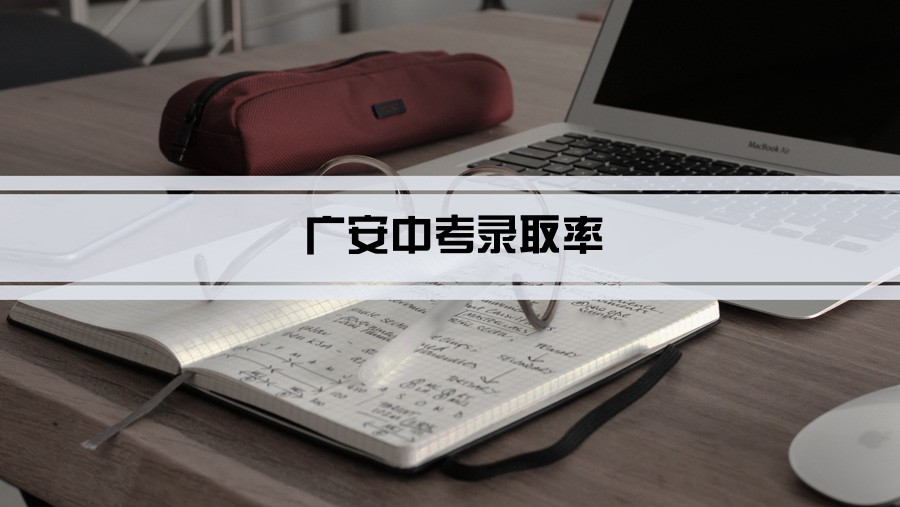-
相关文章
初中英语句子种类的复习有哪些
2023-08-04 09:02:25中考英语之短语和句型三篇
2023-08-10 22:15:35初中英语的单词用法辅导有哪些
2023-08-18 10:40:35初中英语语法选择疑问句三篇
2023-08-04 08:58:55达州中考录取率多少,各高中录戎数线统计
2023-08-05 23:03:19
广安中考录取率多少,各高中录戎数线统计
2023-08-07 10:01:37
宜宾中考录取率多少,各高中录戎数线统计
2023-08-18 05:38:08
幸福高三话题作文1000字范文五篇
2023-08-12 01:25:39最新北师大版小学数学三年级下册找规律教案文案
2023-08-01 15:10:35初中英语句子种类的复习有哪些
2023-08-04 09:02:25最新三年级北师大版下册数学教案文案
2023-08-18 10:13:50
英语零冠词的用法说明三篇
初中英语:零冠词
零冠词也是冠词的一种。
例如:This is my book.
Bread is made from flour.
Let's go and play basketball.
He is head of the factory.
注意:有些名词前用the,或不用the,其意义有所不同。例如:
go to school 上学 go to the school 到学校去
in future 今后,将来 in the future 将来
零冠词的用法:
1.表示抽象概括意义时,不可数名词和复数名词使用零冠词,例如:
(/)Books are my best friends.书是我的好朋友。
(/)Cotton feels soft.棉花摸起来柔软。
(/)Water boils at 100℃.水在摄氏100度沸腾。
比较:The water in this river is undrinkable.这条河的水不可饮用。
2.专有名词通常使用零冠词,例如:
(/)Lu Xun is a great Chinese writer.鲁迅是一位伟大的中国作家。
(/)London is the capital of England.伦敦是英国的首都。
(/)China is a developing socialist country.中国是一个发展中的*国家。
(注意:组合国名或缩写国名前加定冠词,如:the United States 美国;the U.K 英国)
3.按照习惯下列各类名词使用零冠词:
1)季节、月份、星期以及节假日(中国传统节日除外,详细请查阅“定冠词”)等名词前,例:
(/)Summer begins in June in this part of the country.这个地区夏天从六月份开始。
We have no classes on(/) Sunday.星期日我们不上课。
There are a lot of (/)people shopping at (/)Christmas.在圣诞节有很多人购买东西。
2)三餐饭菜的名词,例:
have (/)supper 吃晚饭
come to (/)dinner 去吃饭
3)语言、运动、游戏等名词,例:
She speaks (/)Chinese.她说汉语。
He plays (/)football.他踢足球。
Let’s have a game of (/)chess.咱俩下盘棋吧。
4)在某些意义有改变的名词前要使用零冠词,例:
He has gone to (/)school.(to learn)他去上学了。
They were in (/)church just now.(to worship)现在他们在做礼拜。
同样, in hospital是“住院(治疗)”,in prison是“服刑”,等等。
注意:如果在这类名词前加冠词,则表示去那里干与之无关的事,例:
go to the school 可理解为去学校看望人,而不是“学习”。
4.在表示职位、头衔、身份等名词前,例:
(/)Professor Wang 王教授
(/)Doctor Tompson 汤普生医生
(/)President Lincoln 林肯总统
(/)Dean of the English Department 英语系主任
5.泛指的复数名词,表示一类人或事物时,可不用定冠词(泛指的复数名词非零冠词):
They are teachers. 他们是教师。
当两个或两个以上名词并用时,常省去冠词;
I can't write without pen or pencil.没有钢笔和铅笔,我就写不了字。
中考英语知识点:零冠词的用法
1. 人名、地名、国名等专有名词前通常不用冠词:
例:(1) Mary; Tom; Jim; Miss Li; Mr. Zhang; Lei Feng
(2) Beijing; Shanghai; London; Paris
(3) England; China; Germany; South Africa
2. 称呼语前或表示官衔,职位、身份的名词前不加冠词;
例:(1) The guards took the American to General Lee.
(2) Lincoln, president of the United States, was murdered in 1864.
(3) In 1860, Lincoln became President of the United States.
3. 当名词前有this/that等指示代词、my/your等物主代词和some/any等词时,不用任何冠词;
例:(1) This is my computer.(2) That book is their teacher’s.
4. 年份、月份、星期、日期、季节、节日等名词前不用冠词:
例:in 1988 in August on Thursday in spring on August 8th
We go to school from Monday to Friday.
Children’s Day falls on the 1st June.
初中英语考点总结:零冠词
用法指南
通常我们在三类名词前不带冠词:复数可数名词、不可数名词和专有名词。但是,用来指特定的事物时,the可以出现在复数名词和不可数名词前面。
The pens I gave you were imported from American.
我给你的钢笔是从美国进口的。
The water we drank last night had a lot of sodas.
我们昨天晚上喝的水含有大量的苏打。
1). 零冠词+可数/不可数名词
一般叙述的情况下,在说明人、地点、食物、职业、国籍、动物、植物等等的情况时,其前面不用加冠词。
(1)零冠词+复数可数名词
地点:Museums are closed on Mondays.
星期一博物馆关门。
职业:Soldiers always support each other in the war.
战场上士兵们总是互相支持。
动物:Cats don’t like cold weather.
猫不喜欢冬天。
产品:Watches have become very popular.
手表变得很流行。
国籍:Americans are always very independent.
美国人总是很独立。
人: Girls like shopping when they are free.
女孩总是喜欢在空闲的时候购物。
植物:Trees lose their leaves in winter.
树木在冬天落叶。
(2)零冠词+不可数名词
食物:Rice is very important to our country.
大米对我们国家很重要。
饮料:Water must be pure if it is to be drunk.
饮用的水必须干净。
抽象:Life is short but art is long.
生命是短暂的,但是艺术是长久的。
金钱:He has a lot of money.
他很有钱。
运动:Football is very popular around the world.
足球在世界各个地方都很流行。
行为:Smoking is bad for the health.
吸烟有害健康。
2). 零冠词的其他
(1)家庭成员之间的称呼,如father, mother, aunt, uncle等,不用加冠词。
What time will father be home?
爸爸什么时候回家?
(2)对于大家来讲很熟悉,不会被大家误解的人,也不用加冠词。如保姆,家庭老师等。
Nancy has gone out to the supermarket with babysitter.
南希已经和保姆去超市了。
(3)餐饮名称也一般不加冠词。
We usually have afternoon tea at about 3pm.
我们通常下午三点喝下午茶。
(4)各种语言名称之前不加冠词。
Are you studying German?
你在学习德语么?
但是,在表示语言的短语中有language时,须用冠词。
He is learning the French language.
他正在学习法语。
(5)用“by+名词”表示交通工具或旅行方式的时候,该名词前不用冠词。
by air乘飞机
by car乘汽车
by plane乘飞机
by bike骑自行车
by train乘火车
by ship乘船
by bus乘公共汽车
by taxi乘出租车











